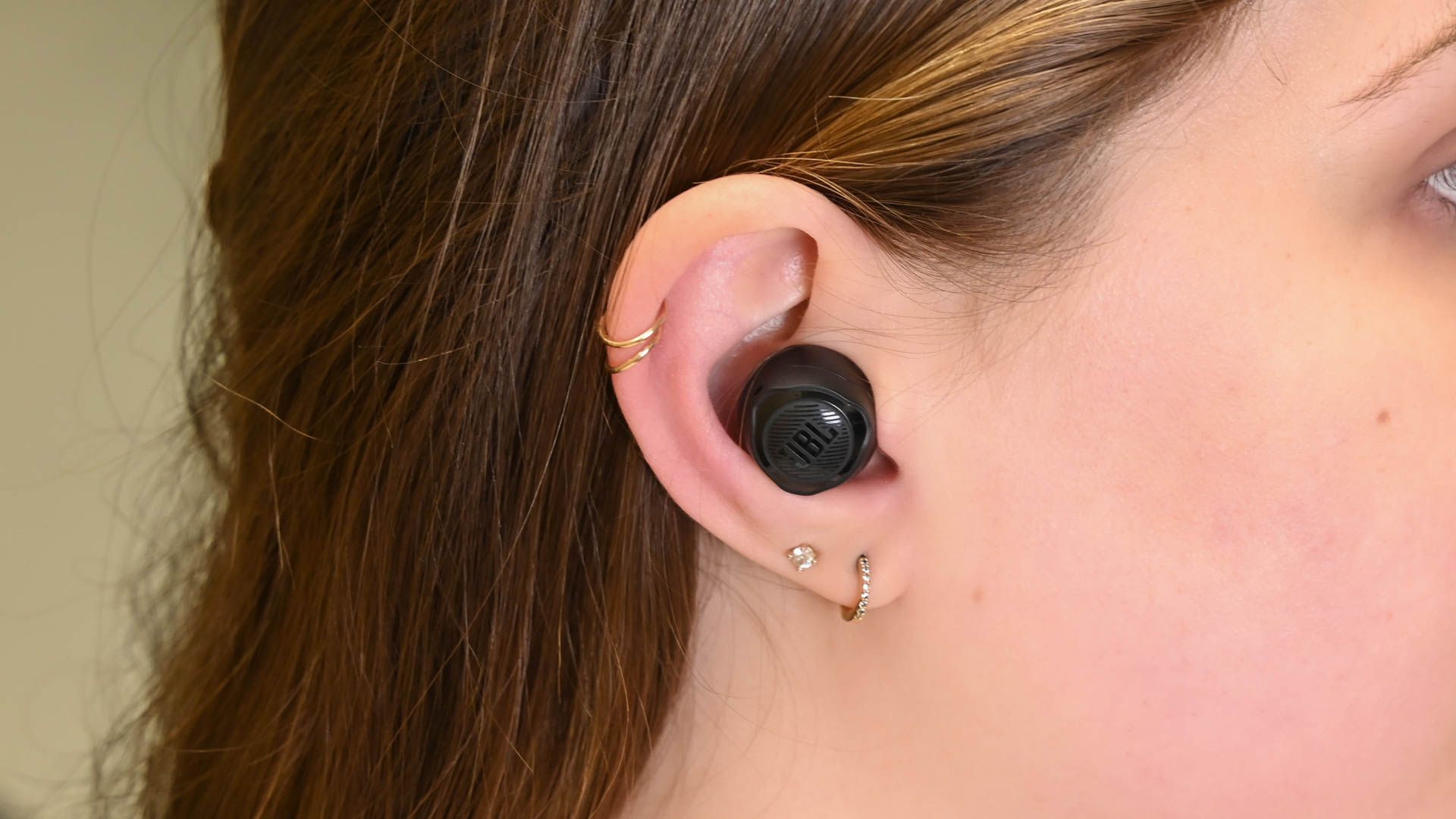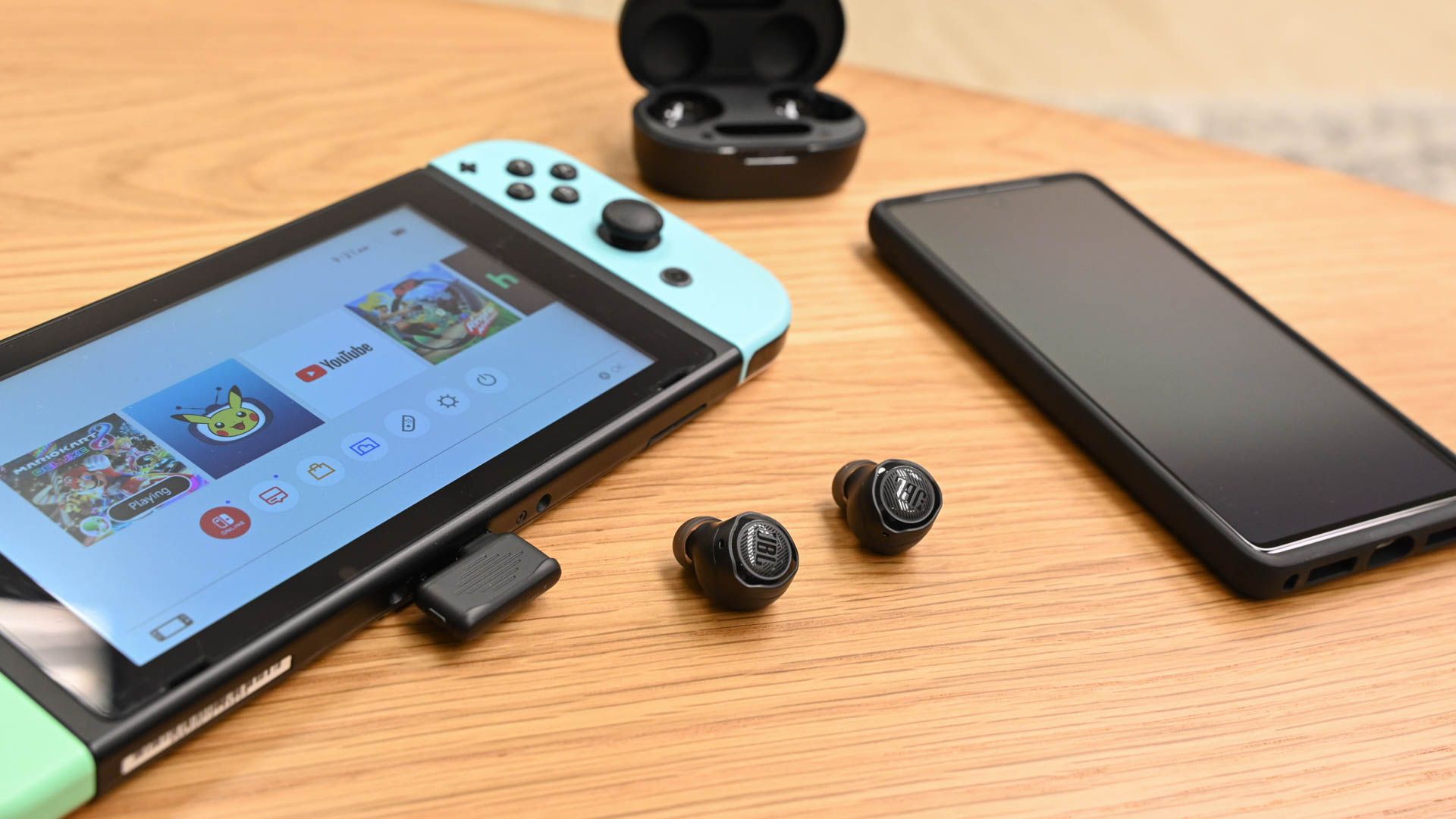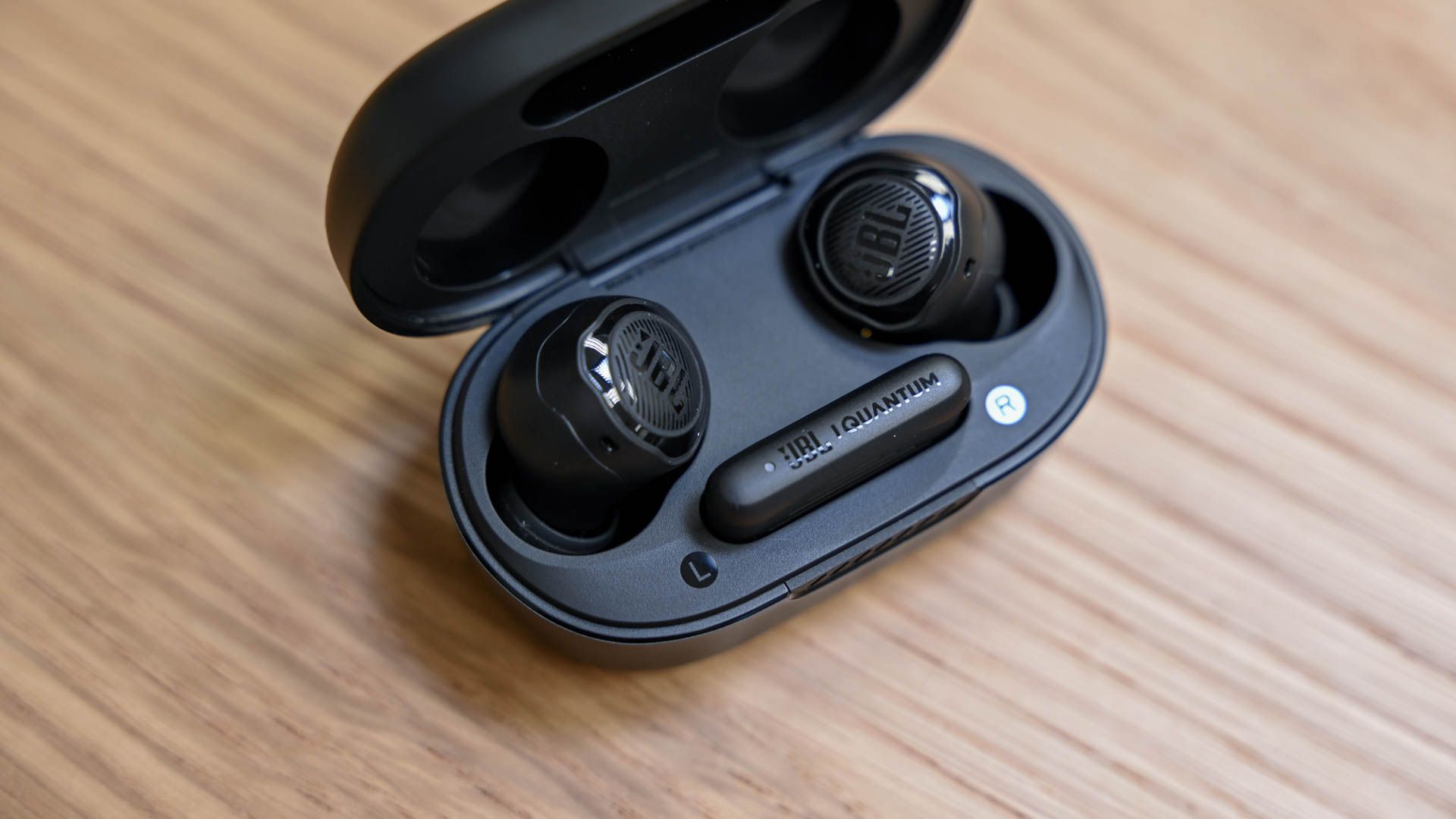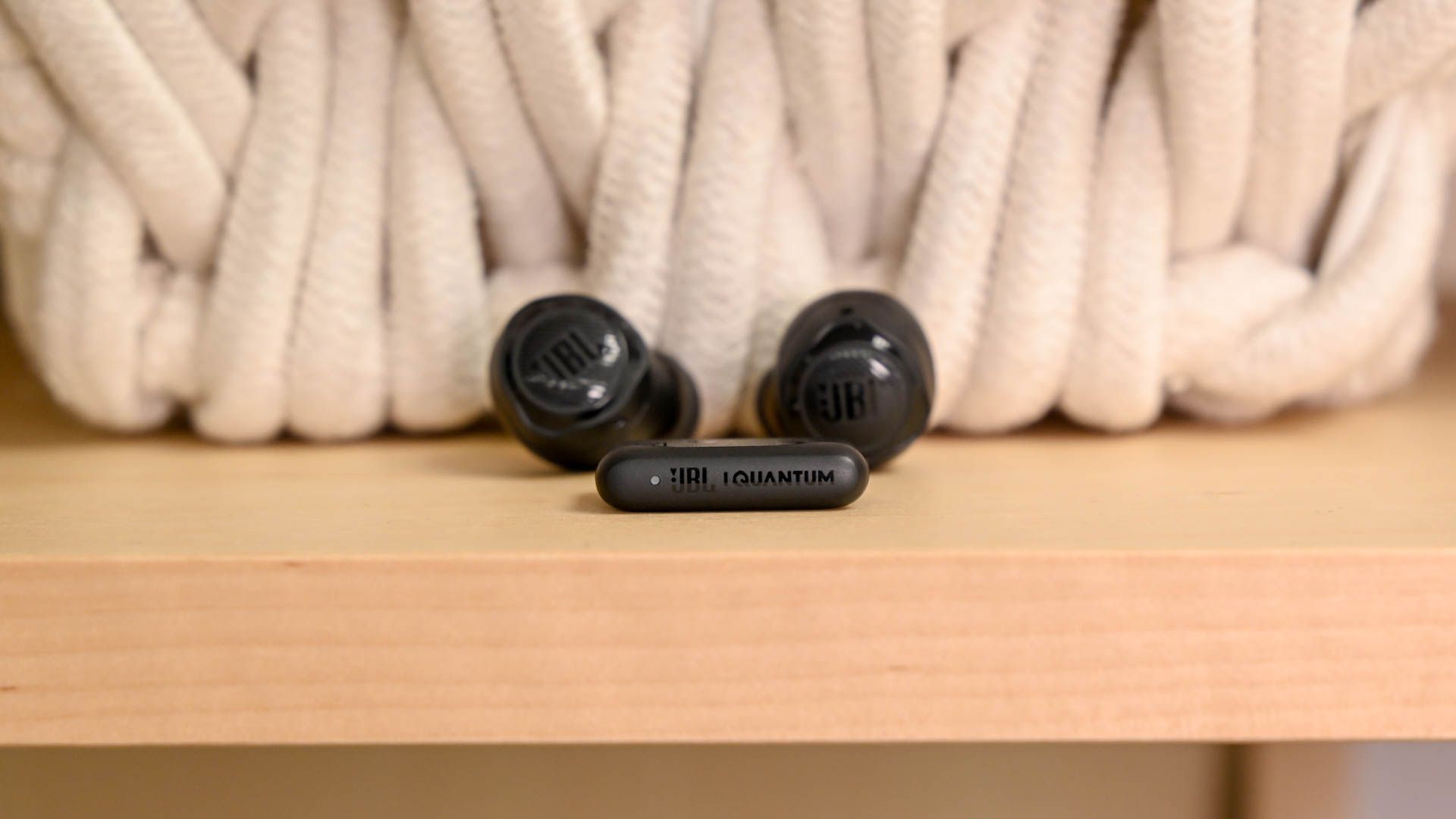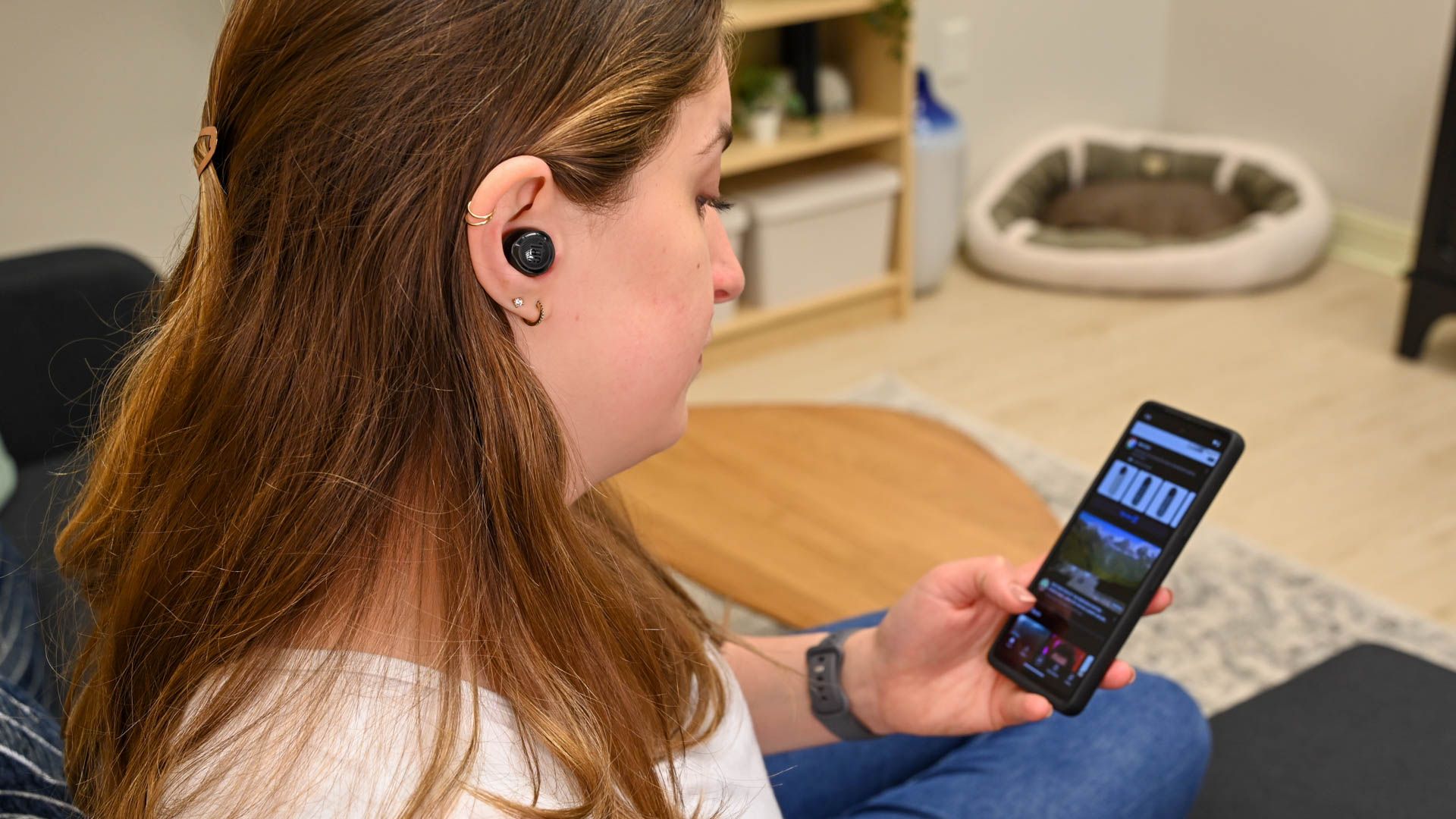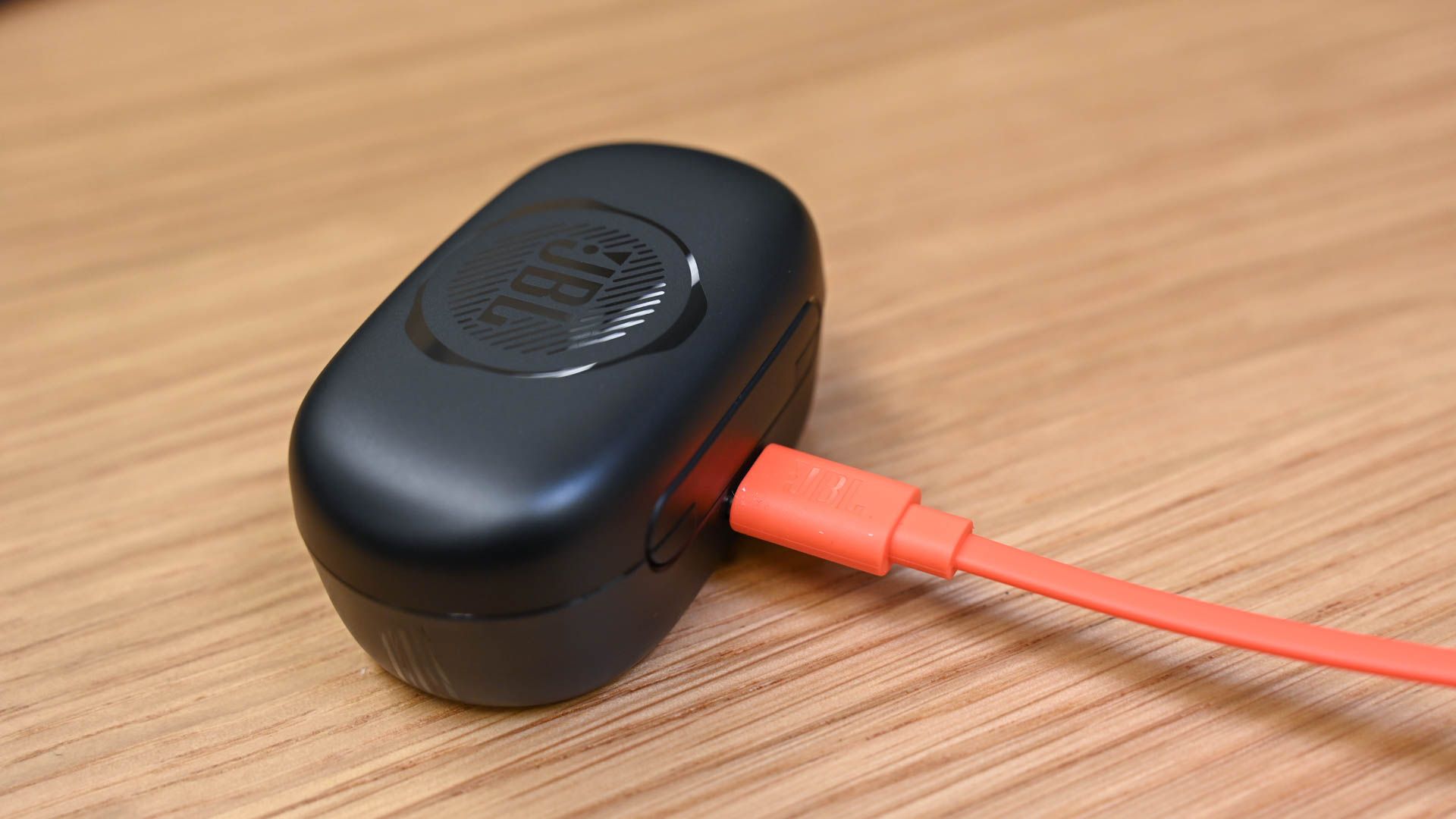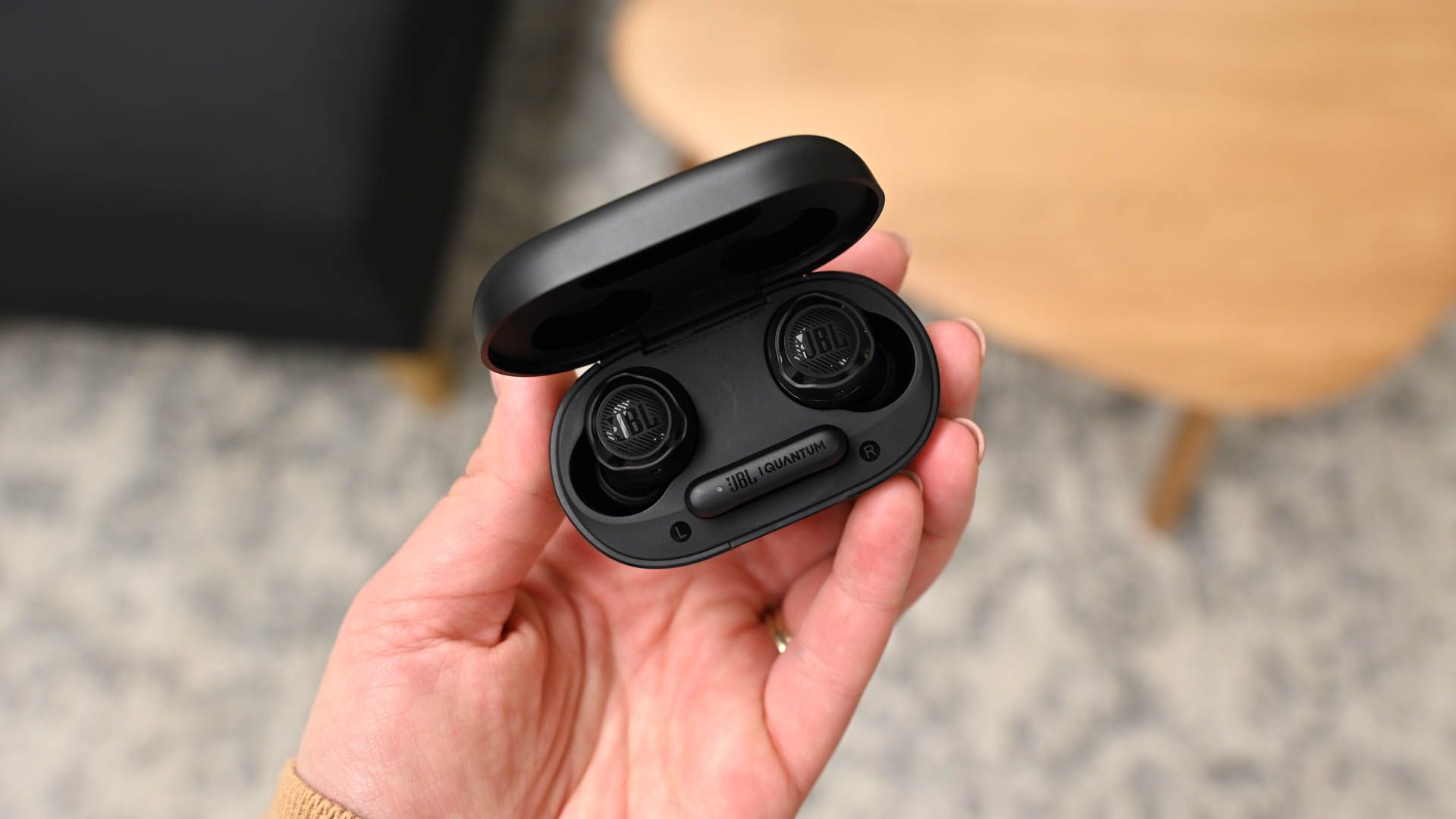
- The JBL Quantum TWS Air earbuds have improved sound quality over the previous model and are great for low-latency gaming with the included USB-C dongle.
- The redesigned earbuds have a lightweight and comfortable fit, but some users may experience issues operating the overly sensitive touch buttons.
- The earbuds offer solid connectivity with Bluetooth 5.3 and an included USB-C dongle, and have a good battery life of up to 24 hours.
In 2022, JBL released the Quantum TWS earbuds. They were fairly average, with the exception of a USB-C dongle that made them fantastic for gaming. Now the company has a sequel of sorts in the JBL Quantum TWS Air, with a new design and a lower price, shedding only a few features along the way.
The USB-C dongle included with the original Quantum TWS, along with the option of a lower-latency gaming mode, made the earbuds a great option for gamers on the go. The only major letdown was the sound quality, which was great for gaming but slightly lackluster for music.
Can the JBL Quantum TWS Air improve on the previous model while still selling for less? They certainly come awfully close.
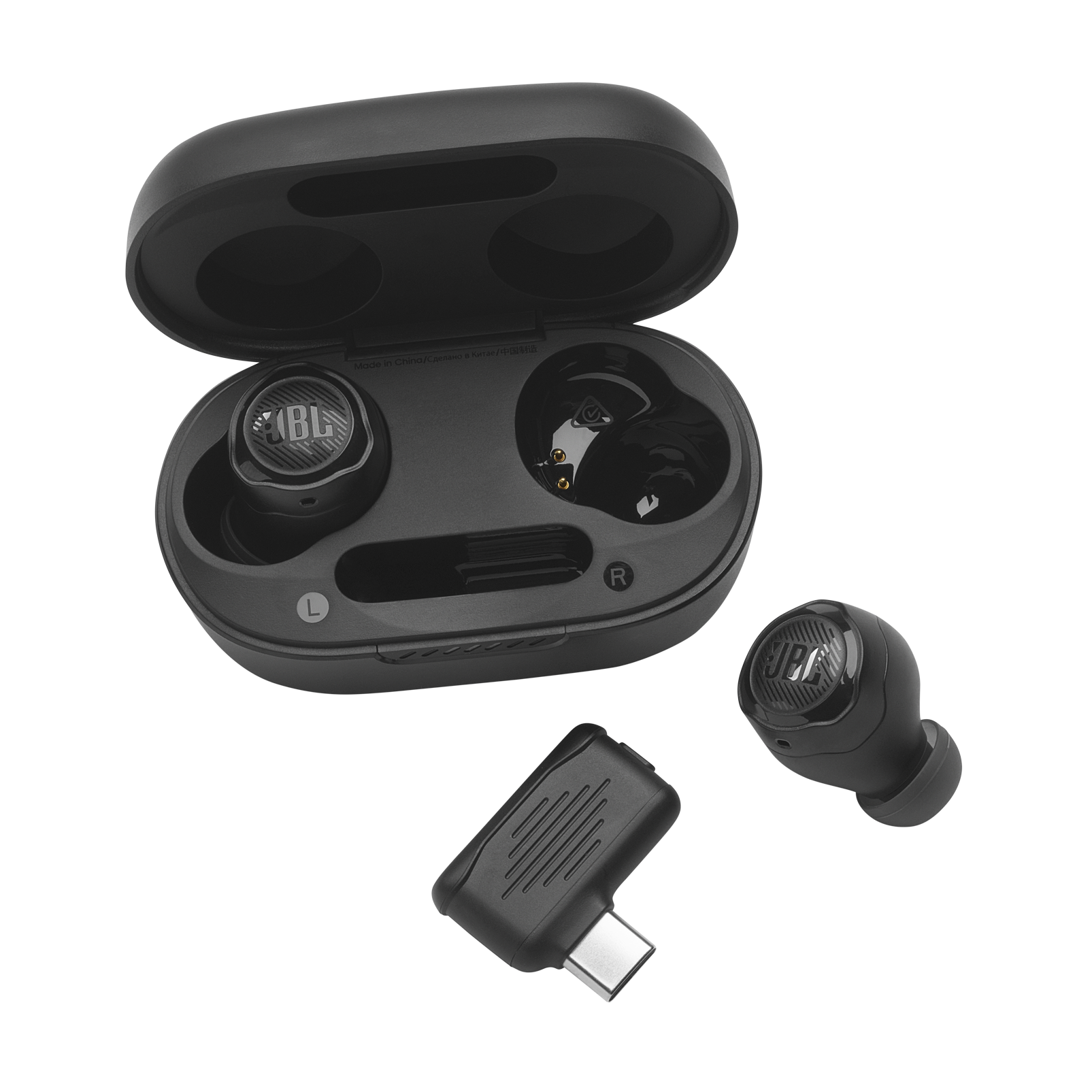
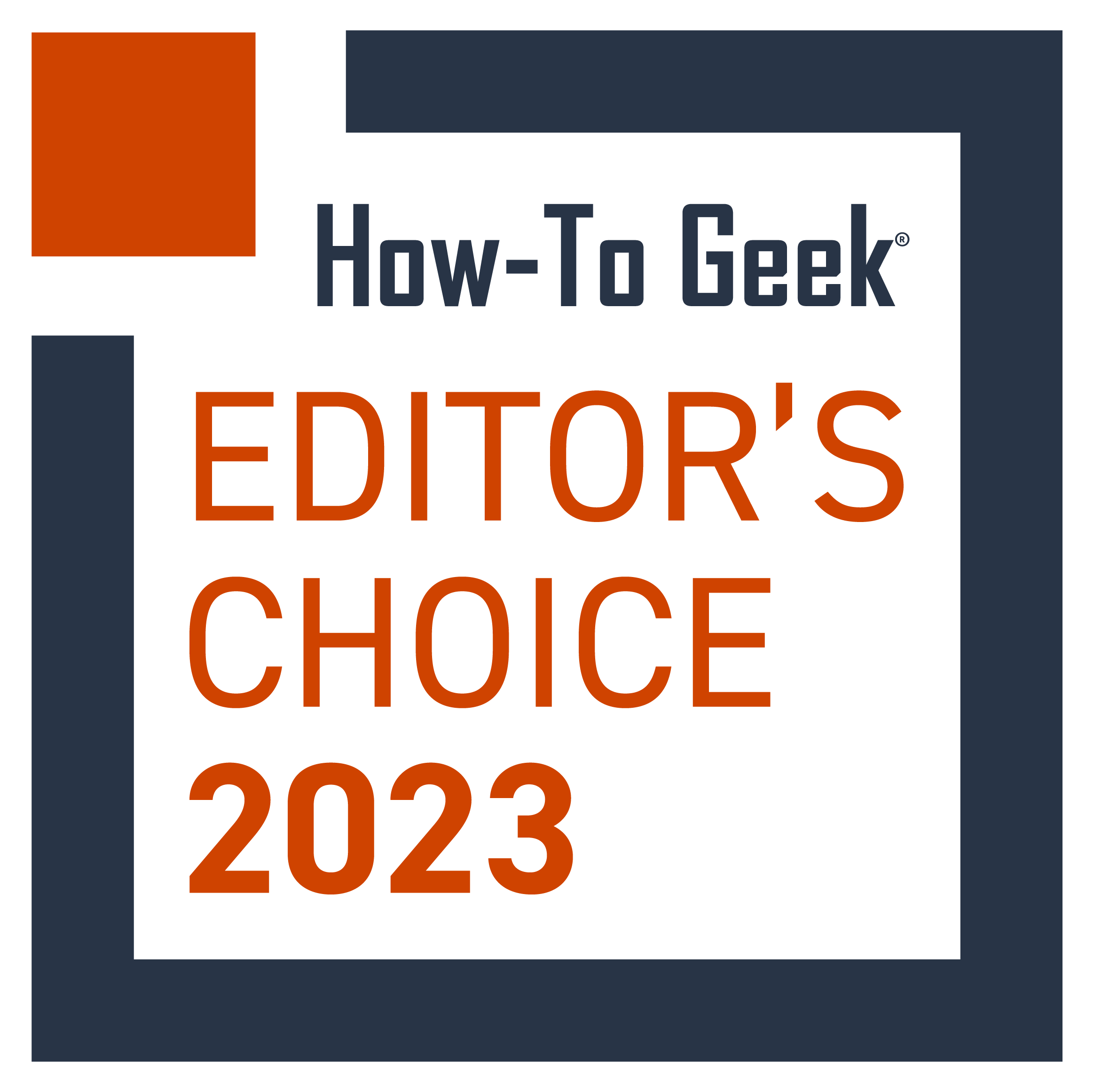
JBL Quantum TWS Air
The JBL Quantum TWS Air make for great Bluetooth earbuds, but the included USB-C dongle also makes them fantastic for low-latency gaming.
- Brand
- JBL
- Charging Case Included?
- Yes
- Bluetooth
- 5.3
- Bluetooth profiles
- A2DP V1.4, AVRCP V1.6.2, HFP V1.8
- Microphone?
- Yes, 4
- Charging Port
- USB-C
- Wireless Charging
- No
- Earbud weight
- .3oz per earbud (8.8g)
- Driver Size
- 6.8mm
- Charging case weight
- 1.3oz (35.4g)
- Frequency response
- 20Hz – 20kHz
- Impedance
- 16 Ohms
- Max talk time
- 4 hours
- Max playback time
- 8 hours
- Charging time
- 2 hours
- Maximum play time (overall)
- 24 hours
- Improved sound over the JBL Quantum TWS
- Lightweight
- USB-C dongle for lower latency gaming
- Great battery life
- Some issues with fit
- Capacitive touch buttons are overly sensitive
Comfortable, But Some Issues With Fit
The original JBL Quantum TWS had a unique look, but they had more than a little in common with Apple AirPods thanks to the long stems. The Quantum TWS Air earbuds, on the other hand, have ditched the stems completely, opting for the other major true wireless earbud form factor: the bean.
Aside from the redesigned shape, the details are roughly similar, with the same gray housing with silvery elements in the shape of the JBL logo. These are also capacitive touch panels, which we’ll talk about soon. Like the originals, the Quantum TWS Air earbuds are IPX4 water-resistant.
On the plus side, the redesigned earbuds are quite light, especially in how heavy they feel while wearing them. That said, this can leave them feeling slightly unstable, which led to my adjusting them in my ears periodically to keep a tight fit. While a medium ear tip usually works fine with me, I tried each of the three tip sizes and couldn’t find a perfect fit.
I never actually lost the earbuds or had them fall out, but this did cause another issue. Because of the capacitive touch panels on each earbud, which offer one function per side, I was constantly turning the Ambient Aware mode on and off while adjusting the earbuds.
One final noticeable change from the Quantum TWS: the case is much smaller. This is somewhat relatively, as the USB-C dongle means the case is larger than most, but thanks to the stem-less design, the case is still overall smaller than that of the Quantum TWS.
Connectivity: Still the Strong Point
The JBL Quantum TWS Air earbuds offer Bluetooth version 5.3 instead of 5.2 like the original Quantum TWS, but unlike the earlier model, there isn’t much in the way of codec support. This isn’t ideal, but it’s clear that more of the emphasis with these earbuds is the included dongle.
The USB-C dongle offers a lower latency connection to your PC, which is much better for gaming. This is driver-free, meaning all you have to do is plug it in, and you’re ready to go. You can customize which devices connect automatically, but you’ll need the JBL Headphones app, available for iPhone and iPad as well as Android devices.
This app lets you customize various aspects of the headphones, including Dual Source, a feature that lets you quickly swap between using the headphones in Bluetooth mode or the dongle. While these headphones don’t support multipoint Bluetooth, this still lets you easily swap between your phone and your gaming PC.
The app also lets you customize what each capacitive touch button does, as well as adjust the EQ. Finally, there’s a Find My Buds feature to help you track them down should you lose them.
Sound Quality Improves, But Music is Still Lacking
Likely due to the redesign of the body, the JBL Quantum TWS Air use a smaller driver than the previous model. While the original Quantum TWS used a 10mm driver, the Quantum TWS Air use a 6.8mm driver, which is quite a bit smaller in comparison.
Fortunately, that didn’t seem to matter, as while the Quantum TWS Air kept the same gaming performance as the originals, listening to music is much better on the newer model. For the most part, I listened with the in-app EQ turned off, but I did test it, which I’ll mention below.
Listening to The Murlocs’ “Centennial Perspective,” the low end has a decent amount of heft, helping the rhythm section hold down the song. There is nice treble detail on the strummed acoustic guitar, but the sibilance on the vocal is a bit strident. This could be resolved with a little EQ, but unfortunately, the JBL Headphones app doesn’t support custom EQ, at least at the time of this writing.
When the heavy part of the Kyuss song “Asteroid” kicks in after the intro, headphones can’t always do it justice. The JBL Quantum TWS Air don’t handle it as well as a big set of over-ear headphones, but they do an admirable job for what they are. That said, without EQ, the bass is somewhat lacking here.
To test out the EQ settings, I turned to the Happy Mondays’ “Loose Fit.” This is already a song with a lot of bottom end, and engaging the Bass EQ preset put it over the top. The Club preset fit this song the best, closely followed by Jazz.
Plugging in the USB-C dongle and firing up a round of Fortnite, the Quantum TWS Air worked as well as I remember the originals. Positional cues are solid, and despite the smaller driver size, in-game sounds still carry all the weight they’re meant to.
For the best results, you’ll need to download the JBL QuantumENGINE app for Windows or macOS, as this enables QuantumSURROUND virtual surround sound, which makes supported games much more immersive.
Great Transparency For the Price
Unlike the original Quantum TWS earbuds, the Quantum TWS Air don’t feature Active Noise Cancellation (ANC). That said, they do still use the built-in microphones for more than carrying your voice, as these do feature Ambient Aware, a mode similar to Apple’s Transparency mode.
While the Ambient Aware mode on the original Quantum TWS wasn’t anything to write home about, it’s greatly improved on the Quantum TWS Air. In fact, this is one of the best transparency implementations I’ve heard in the $100 and lower class of earbuds.
That said, the TalkThru mode is still confusing. This mode is meant to reduce music volume automatically when someone starts talking to you, but I was never able to enable this mode without automatically and instantly muting anything I was listening to.
Voice quality is decent, but there’s an odd boxy quality to the sound. As you’ll hear in the samples below, even recording a sample outdoors, there’s a sound almost like I was talking in a small room. This added reverb is slightly unnatural sounding, but doesn’t affect audibility in any way.
Microphone Audio Sample: Indoors
Microphone Audio Sample: Outdoors
Solid Battery Life
Battery life for the JBL Quantum TWS depends on how you’re using them. The earbuds offer up to eight hours of playback time or four hours of talk time. Either way, this will depend on volume, the features you have enabled, and other options, but it’s still a decent chunk of battery life.
The case offers another two charges or 16 hours of battery life. This means that you can get an overall play time of 24 hours. I didn’t encounter significant battery drain, so these numbers seem fairly attainable.
The USB-C charger fully charges the case and buds inside in two hours. Like the previous Quantum TWS, this charger isn’t wireless, which is somewhat of a shame, but understandable given the price tag.
Should You Buy the JBL Quantum TWS Air?
Unless you absolutely need noise cancellation, the JBL Quantum TWS Air earbuds are a better buy than the original Quantum TWS. The sound quality for music is much improved, and all the features that we liked about the original are either still here, like the USB-C dongle, or better than ever, like the Ambient Aware mode.
The earbuds aren’t perfect, but for the price, the issues are minimal. It would be nice to have custom EQ, but it isn’t a must-have. The biggest issue is the overly sensitive controls on the backs of the earbuds, but even in testing these over the course of a week, I found myself having fewer and fewer issues.
While the original JBL Quantum TWS were held up by the gaming features and wireless dongle, the Quantum TWS Air would still be quality headphones without those features. If you’re looking for a solid set of do-it-all earbuds without paying too much, these are a great option.

JBL Quantum TWS Air
The JBL Quantum TWS Air make for great Bluetooth earbuds, but the included USB-C dongle also makes them fantastic for low-latency gaming.

